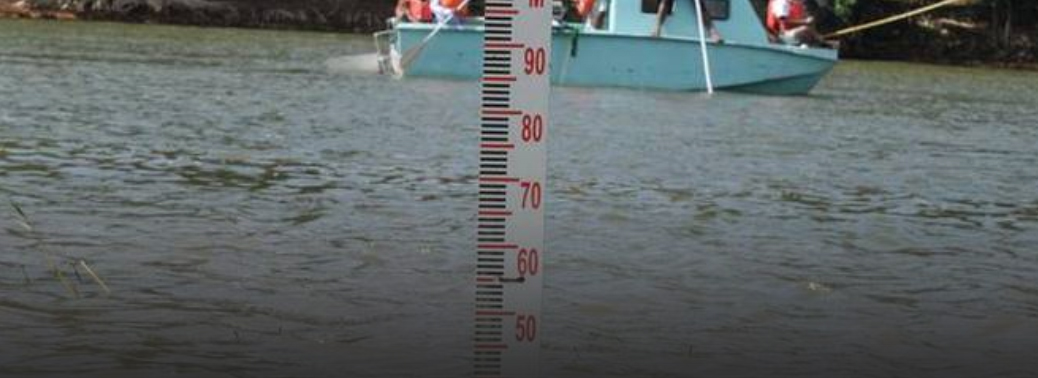INTER STATE RIVER WATER DISPUTES BILL
11, Jul 2019

Prelims level : Polity governance- Parliament
Mains level : GS2 - Functions and responsibilities of the Union and the States, issues and challenges pertaining to the federal structure, devolution of powers and finances up to local levels and challenges therein.
Features:
- Bill seeks to amend the Inter State River Water Disputes Act, 1956 to streamline the adjudication of inter State river water disputes.
- A key feature of the Bill is the constitution of a single tribunal with different Benches, and the setting of strict timelines for adjudication.
- When any request under the Act is received from any State Government in respect of any water dispute on the interState rivers and the Central Government is of the opinion that the water dispute cannot be settled by negotiations, the Central Government constitutes a Water Disputes Tribunal for the adjudication of the water dispute.
- The Bill also proposes a Dispute Resolution Committee set up by the Central Government for amicably resolving interState water disputes within 18 months.
- Any dispute that cannot be settled by negotiations would be referred to the tribunal for its adjudication.
- The Bill can also affect the composition of the members of various tribunals, and has a provision to have a technical expert as the head of the tribunal.
Water and Constitution of India
Water is a State subject
- Entry 17 of State List deals with water i.e. water supply, irrigation, canal, drainage, embankments, water storage and water power.
- Entry 56 of Union List gives power to the Union Government for the regulation and development of inter-state rivers and river valleys to the extent declared by Parliament to be expedient in the public interest.
Article 262:
- Parliament may by law provide for the adjudication of any dispute or complaint with respect to the use, distribution or control of the waters of, or in, any inter-State river or river valley.
- Parliament may, by law provide that neither the Supreme Court nor any other court shall exercise jurisdiction in respect of any such dispute or complaint.
- Laws Enacted by Parliament
- River Board Act, 1956
- Inter-State Water Dispute Act, 1956
- River Water sharing Tribunals
- Krishna Water Disputes Tribunal II (2004) – Karnataka, Telengana,Andra Pradesh, Maharashtra
- Mahanadi Water Disputes Tribunal (2018) – Odisha& Chattisgarh
- Mahadayi Water Disputes Tribunal (2010)- Goa,Karnataka, Maharashtra
- Ravi& Beas Water Tribunal (1986)- Punjab, Haryana,Rajasthan
- Vansdhara Water Disputes Tribunal (2010)- Andra Pradesh & Odisha.
Issues with Inter-State Water Dispute Act, 1956:
- Though Award is final and beyond the jurisdiction of Courts, either States approach Supreme Court under Article 136 (Special Leave Petition) or private persons approach Supreme Court under Article 32 linking issue with the violation of Article 21 (Right to Life).
- The composition of the tribunal consists of persons only from the judiciary and not multidisciplinary and it.
Conclusion:
- In a developing country like India, the interstate river water dispute must be resolved quickly so that water resources could be utilized and harnessed properly for economic development.
- One of the measures could be to declare all the major rivers as national property and national schemes under the central assistance should he launched for the development of their total command area with partial involvement of the concerned states.






